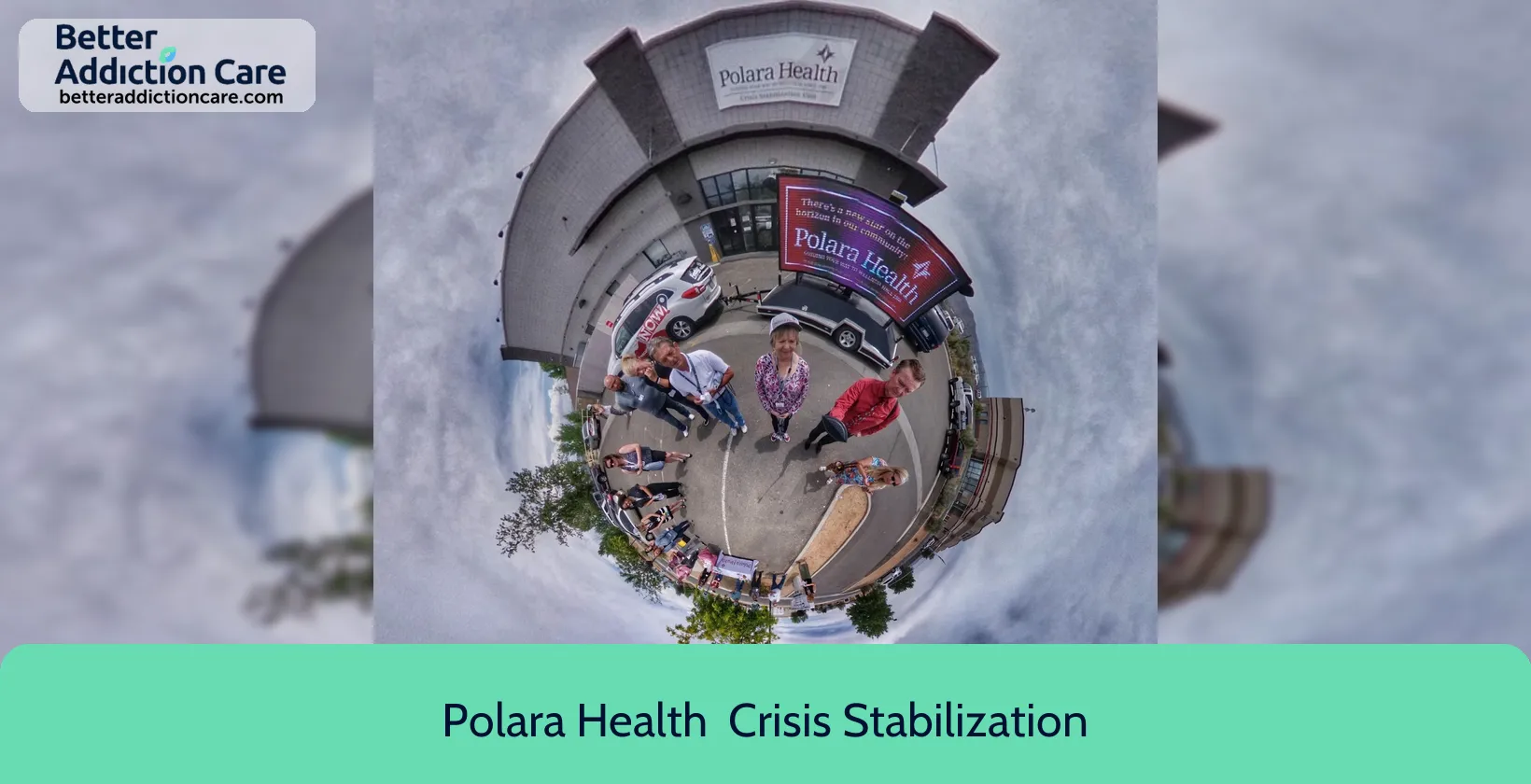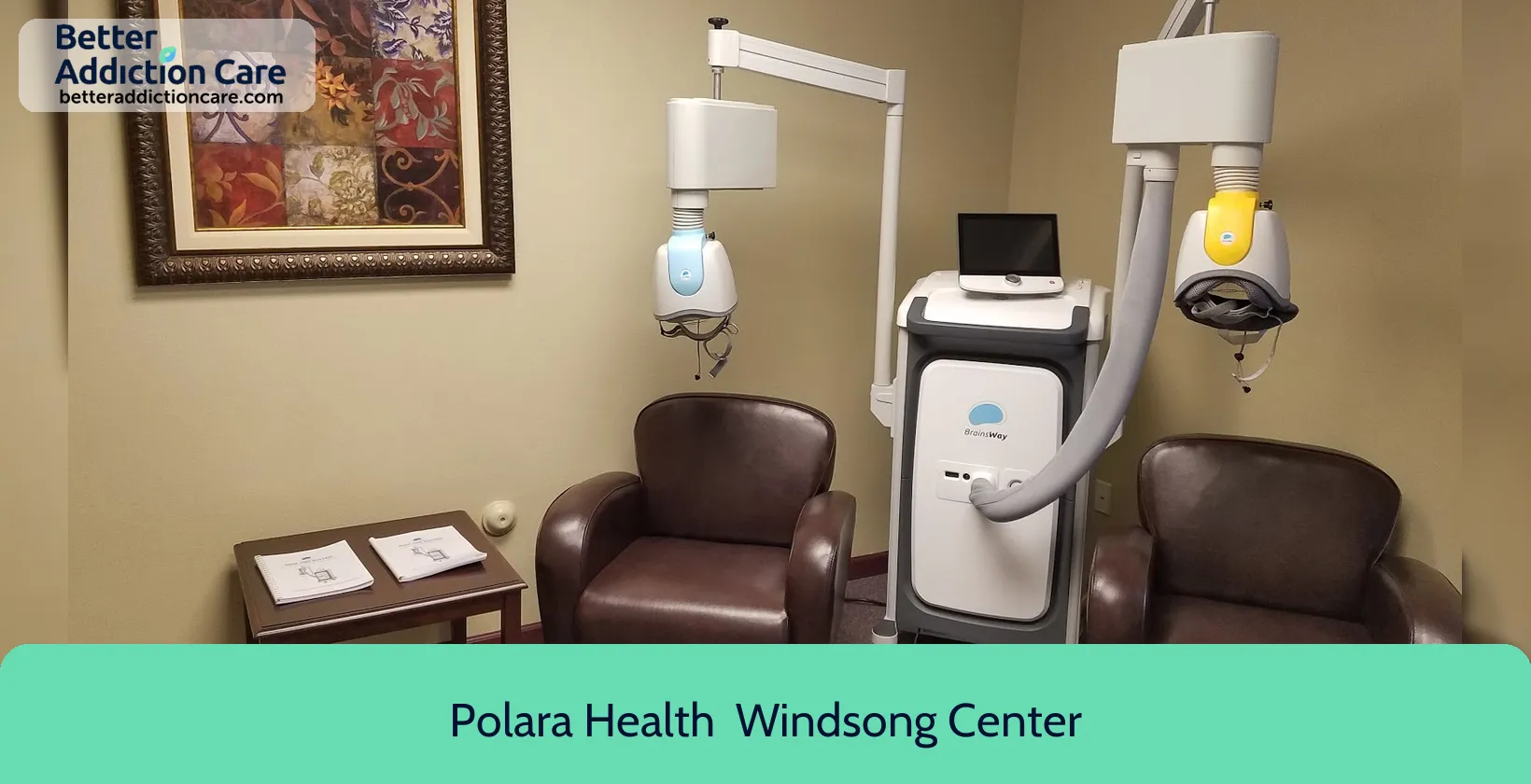Stoneridge Centers
Overview
Stoneridge Centers is an accredited mental health treatment center that provides inpatient and outpatient detoxification, for men and women between 18 and 65+ years of age. As part of their special programs, Stoneridge Centers treats clients who have experienced trauma. To help patients achieve sobriety, Stoneridge Centers provides treats alcohol detoxification, benzodiazepines detoxification, and opioids detoxification.. Afterward, patients receive individual psychotherapy, couples/family therapy, and cognitive behavioral therapy during treatment. Stoneridge Centers is located in Prescott Valley, Arizona, providing treatment for people in Yavapai County, accepting cash or self-payment, medicaid, and private health insurance.
Stoneridge Centers at a Glance
Payment Options
- Cash or self-payment
- Medicaid
- Private health insurance
- IHS/Tribal/Urban (ITU) funds
Assessments
- Screening for tobacco use
- Comprehensive mental health assessment
- Comprehensive substance use assessment
- Screening for mental disorders
- Screening for substance use
Age Groups
- Young adults
- Adults
- Seniors
Ancillary Services
- Case management service
- Court-ordered outpatient treatment
- Education services
- Suicide prevention services
- Mental health services
Highlights About Stoneridge Centers
7.57/10
With an overall rating of 7.57/10, this facility has following balanced range of services. Alcohol Rehabilitation: 8.00/10, Drug Rehab and Detox: 7.85/10, Insurance and Payments: 6.00/10, Treatment Options: 8.42/10.-
Treatment Options 8.42
-
Alcohol Rehabilitation 8.00
-
Drug Rehab and Detox 7.85
-
Insurance and Payments 6.00
Accreditations
State department of health:

Government agencies issue State Licenses, granting rehabilitation organizations permission to operate their businesses lawfully within specific geographic regions. The specific licenses needed for legal operation are typically determined by the type of rehabilitation program offered by the facility and its physical location.
The Joint Commission:

The Joint Commission's addiction and behavioral health accreditation signifies a facility's commitment to high-quality care. It involves rigorous evaluations and assessments of clinical practices, ensuring effective, evidence-based treatment. Accreditation showcases a dedication to continuous improvement and patient safety, instilling trust among patients, families, and healthcare professionals. It's a mark of excellence in addiction and behavioral health care.
Treatment At Stoneridge Centers
Treatment Conditions
- Alcoholism
- Mental health treatment
- Substance use treatment
- Co-occurring Disorders
Care Levels
- Hospital inpatient/24-hour hospital inpatient
- Partial Hospitalization Program
- Outpatient
- Outpatient detoxification
- Outpatient methadone/buprenorphine or naltrexone treatment
Treatment Modalities
- Individual psychotherapy
- Couples/family therapy
- Cognitive behavioral therapy
- Dialectical behavior therapy
- Integrated Mental and Substance Use Disorder treatment
Ancillary Services
Additional Services
- Pharmacotherapies administered during treatment
- Housing services
- Breathalyzer or blood alcohol testing
Special Programs
- Clients who have experienced trauma
Get Help Now
Common Questions About Stoneridge Centers
Contact Information
Other Facilities in Prescott Valley

6.74

7.39

6.59

7.49
Browse rehab centers near Prescott Valley and in other cities across Arizona
DISCLAIMER: The facility name, logo and brand are the property and registered trademarks of Polara Health - Windsong Center, and are being used for identification and informational purposes only. Use of these names, logos and brands shall not imply endorsement. BetterAddictionCare.com is not affiliated with or sponsored by Polara Health - Windsong Center.

